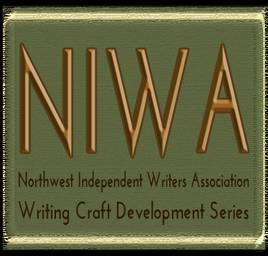 Indies rely heavily on what we refer to as beta readers to help shape their work and make it ready for editing. But in many online forums, authors use the term used interchangeably with editing, and the two are completely different. And unfortunately, some indie published works are clear examples of work by authors who don’t realize the importance of working with an editor, although it is apparent that they have had assistance from beta-readers. What is quite disappointing to me, is the many traditionally published works that seem to fall into the same lack-of-good-editing category, and I am at a loss as to why this is so. So, what is the difference between a beta reader and an editor? Well, there is a HUGE difference. Editing is a process, one where the editor goes over the manuscript line-by-line, pointing out areas that need attention: awkward phrasings, grammatical errors, missing quote-marks, or a myriad of things that make the manuscript unreadable. Sometimes, major structural issues will need to be addressed. It may take more than one trip through to straighten out all the kinks.
Beta Reading is done by a reader. One hopes the reader is a person who reads and enjoys the genre that the book represents. Beta reading is meant to give the author a general view of the overall strengths and weaknesses of his story. The beta reader must ask himself:
Beta Reading is not editing, and the reader should not make comments that are editorial in nature. Those kinds of nit-picky comments are not helpful at this early stage because the larger issues must be addressed before the fine-tuning can begin, and if you are beta reading for someone, the larger issues are what the author has asked you to look at. This phase of the process should be done before you submit the manuscript to an editor, ensuring those areas of concern will be straightened out first. Editors and other authors make terrible beta readers because it is their nature to dismantle the manuscript and tell you how to fix it. That is not what you want at that early point–what you want is an idea of whether you are on the right track or not with your plot and your characters, and if your story resonates with the reader. Do yourself a favor and try to find a reader who is not an author to be a first reader for you. Then hire a local, well-recommended editor that you can work with to guide you in making your manuscript readable, and enjoyable. If you notice a few flaws in your manuscript but think no one else will notice, you’re wrong. Readers always notice the things that stop their eye. In my own work, I have discovered that if a passage seems flawed, but I can’t identify what is wrong with it, my eye wants to skip it. But another person will see the flaw, and they will show me what is wrong there. That tendency to see our writing ‘as it should be and not how it is’ is why we need other eyes on our work. _____________________________________________________________________________ Credits and Attributions: Beta Reading VS. Editing, by Connie J. Jasperson, © 2015 first published on Life in the Realm of Fantasy, reprinted by permission. Connie J. Jasperson is an author and blogger and can be found blogging regularly at Life in the Realm of Fantasy.
0 Comments
Leave a Reply. |
Archives
January 2023
Categories |
 RSS Feed
RSS Feed